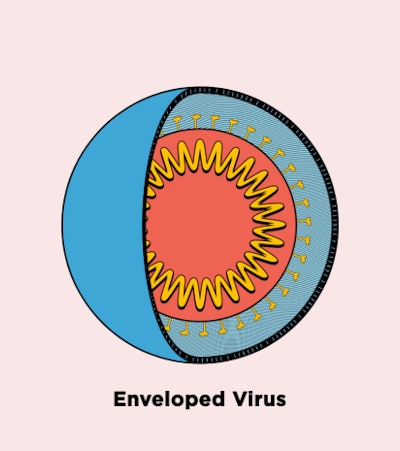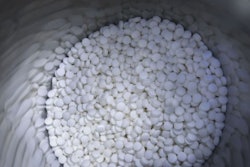According to a recent Medgadget article, researchers at New York University have developed a novel method to combat a wide range of disease-causing viruses by targeting their lipid membranes. The approach offers a potential solution to the issue of treatment resistance as viruses mutate, altering their surface proteins—the typical targets for conventional antiviral drugs. The method is based on synthetic versions of antimicrobial peptides, inspired by those naturally produced by the immune system, which can target pathogens, including viruses.
The synthetic versions, aka "peptoids," are more stable and effectively bind to viral envelope lipids, disrupting the viral membrane and destroying the virus. Unlike surface proteins, the viral membrane is acquired from host cells, making it a vulnerable target for treatment and less prone to developing resistance. The peptoids have demonstrated efficacy against viruses like Zika, Rift Valley fever, and chikungunya, while sparing healthy cells, as viral membranes differ slightly in composition from our own cell membranes. This new approach holds promise for future antiviral treatments. A video with more information can be seen here.























